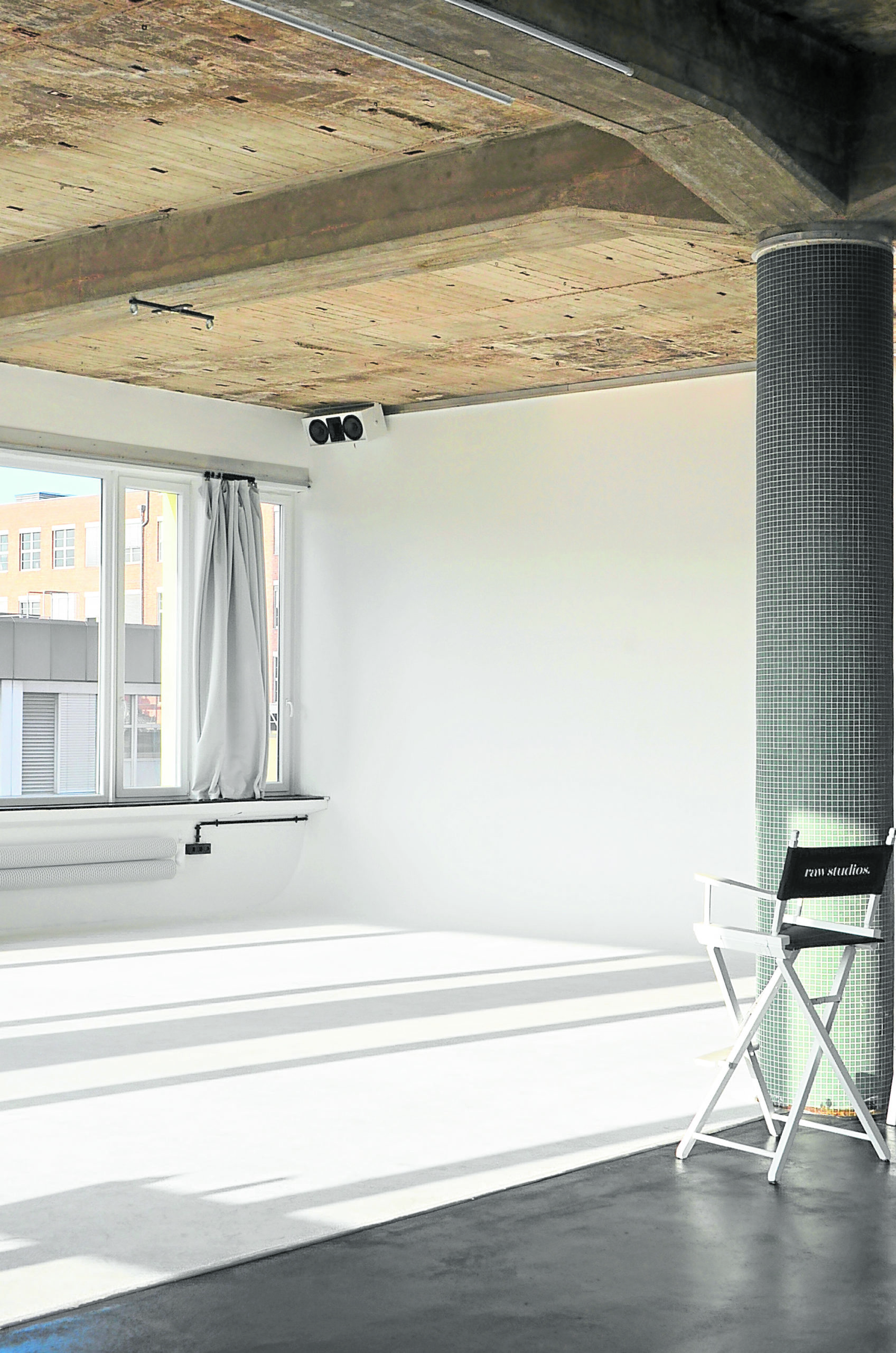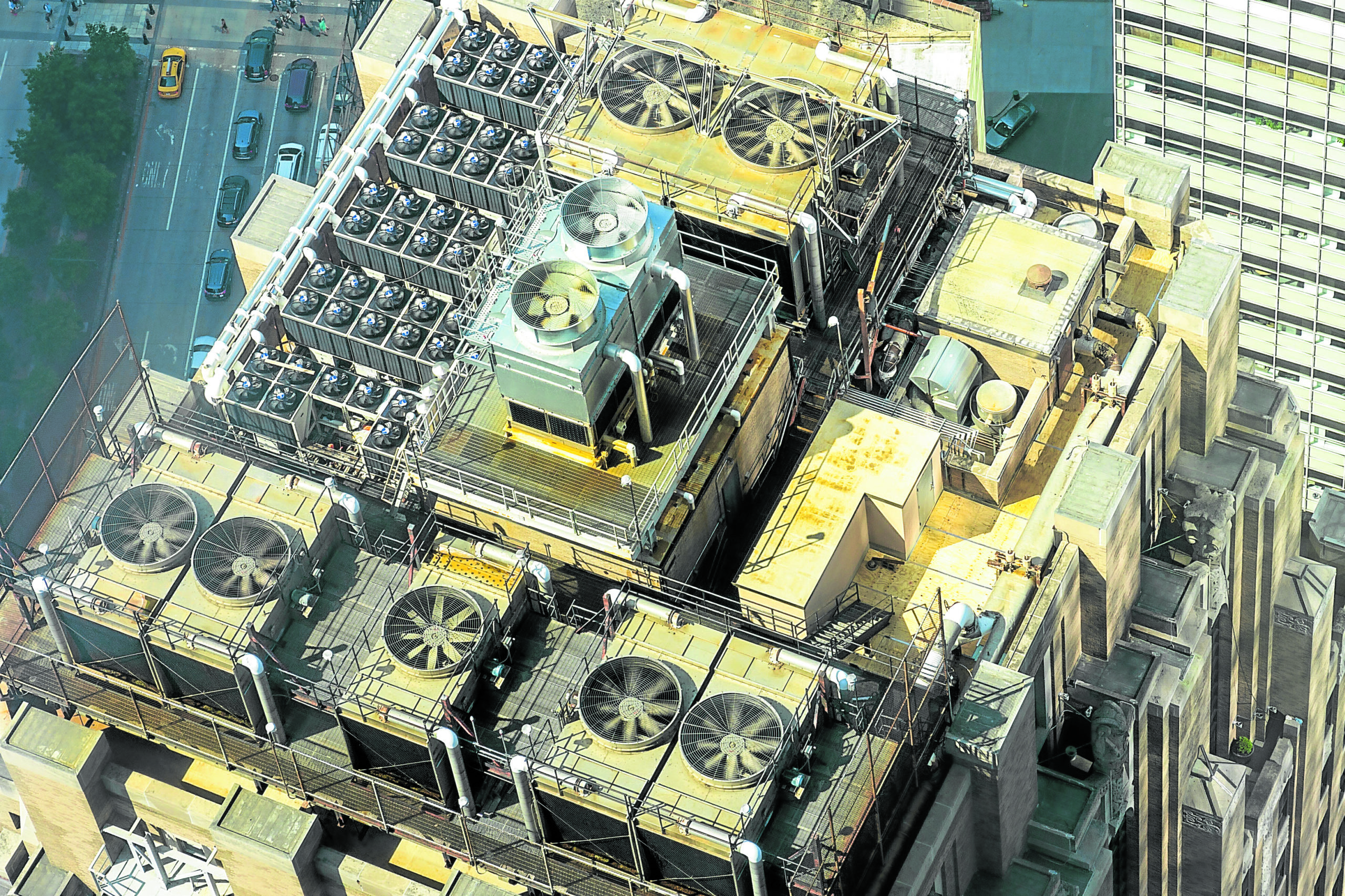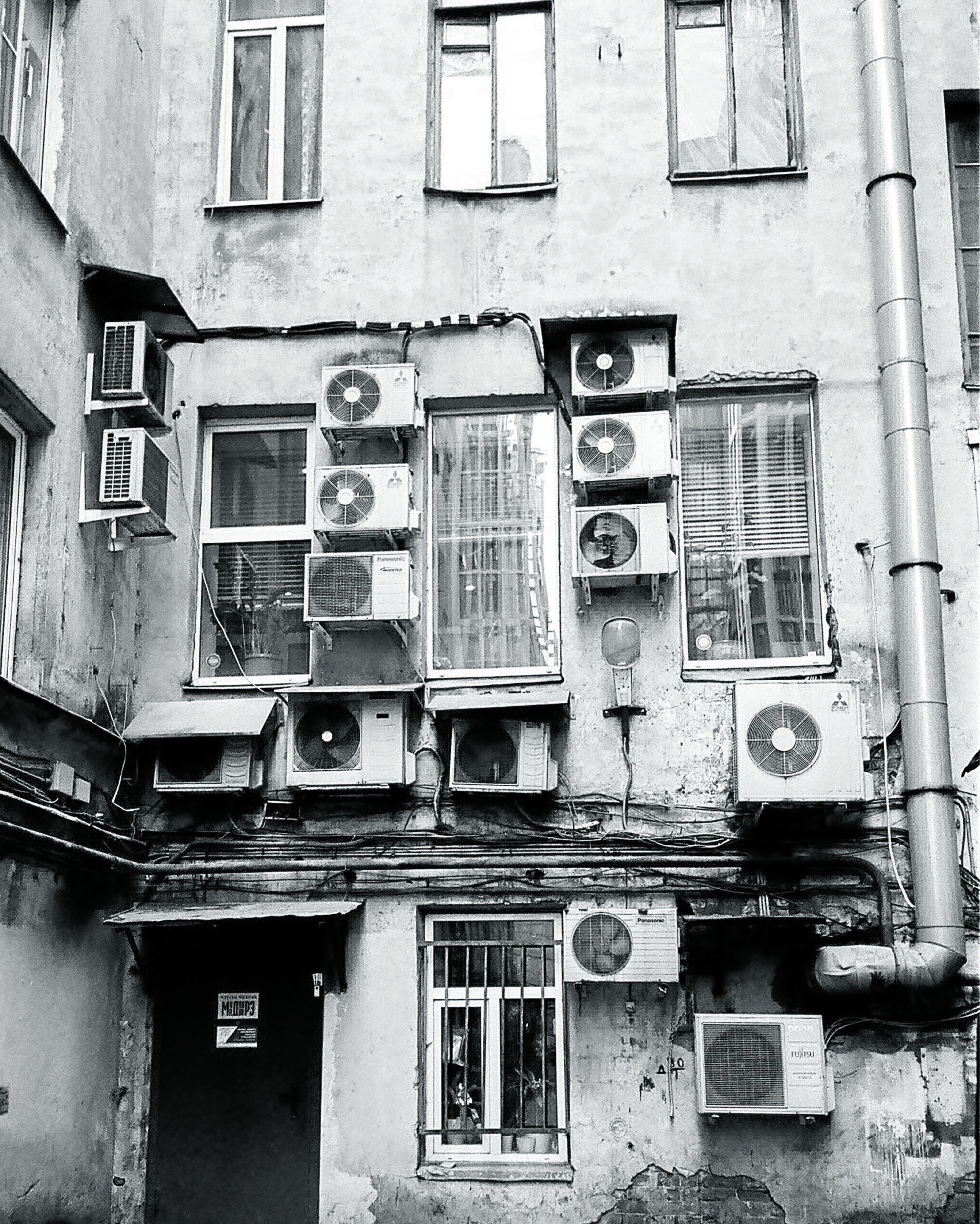Beat the heat safely
The summer months are finally here. Whereas before, many of us would already be on our way to our favorite travel destination around this time of the year, today, we are all held back by the continuous threat of the COVID-19 virus. Though a year has gone by since the start of the pandemic, our fears remain as deep seated as ever.
Our nation continues to battle many cases of new infections. While vaccines have already been developed, procured and administered to health workers, it will take some time for everyone to receive it. According to health officials, maintaining minimum safety standards, such as social distancing and wearing of masks, remain our best defense against the spread of the virus.
Amid the summer heat, however, how can we go about ensuring our safety? Can we use airconditioners, electric fans and the like to cool off if the beaches remain inaccessible to us? Here are some things to remember to keep safe from the virus during the hottest months of the year.
Natural breeze is the best
According to the World Health Organization, natural ventilation helps prevent the spread of virus indoors. It’s basically a process of introducing fresh air from outside into a room.
You can do this by simply opening a window or by installing a mechanical system which continuously circulates air. This does not involve the use of traditional airconditioning, which recirculates air inside a room and may cause the spread of germs and bacteria.
So how do we now encourage better natural airflow in a room?
Cross ventilation is one natural method of cooling that is often employed in architecture and engineering. It is a healthy and inexpensive way of cooling one’s home. The process basically involves cool, exterior air forcing out stale, warm air inside your home. While this may sound simple, it takes a bit of science to ensure that the wind runs well across your home.
According to Moffitt Corp., a Florida-based company specializing in natural ventilation solutions, the direction of the wind during various times of the day is a primary consideration. It’s also best to provide equally-sized “inlet” and “outlet” windows to encourage the same amount of air entering and exiting your home.
Consider installing louvers
On the façades of most buildings, we see louvers, which help keep out rain and direct glare of warm sunlight. These are thin panels of metal, glass or plastic material which are spaced equally to allow wind to enter through them. Louvers are actually a favorite among architects who engage in designing for tropical climates. Not only do these elements capture wind flowing in a certain direction, they also help provide sun shading.
Adding louvers on your windows will allow you to harness the wind into your home naturally. While these may seem an additional cost to your basic house façade, you’ll get to save on cooling costs in the long run. To get the most out of this feature, consider hiring an architect or mechanical engineer to design your louvers. Ideally, the louvers should have open areas perpendicular to the wind direction.
The use of airconditioners
Airconditioners often become our best friends during extremely hot days. Yet as we continue to live in the age of the pandemic, is it worth it to turn on these machines and risk circulating the virus? While these systems mechanically encourage fresh air into a room, many of these re-circulate air indoors. The process may or may not contribute to the spread of viruses indoors.
There have been relatively few studies conducted to determine the effects of airconditioning on the spread of COVID-19 virus. One significant research, however, was carried out by the Guangzhou Center for Disease Control and Prevention. The study strongly suggested that airconditioning played a role in the infection of nine people with COVID-19 in a public restaurant. The airflow direction of the HVAC system was consistent with the direction of transmission. The researchers, however, cited that the restaurant where the infections took place did not have any windows. The venue also had tables spaced one meter apart. These factors may have contributed in the spread of the virus.
While this study can terrorize many of us from using airconditioners at home, thankfully this seems only to be applicable in public places. Jessica Craig of the National Public Radio Organization says the risk of acquiring COVID-19 at home through airconditioners runs the same risk of acquiring it through close contact with infected people or surfaces. So as long as you practice the minimum safety standards at home, and provided that no one in your family is infected, it’s basically safe to crank up your airconditioner once in a while.
Keep your guard up
Overall, cooling off naturally this summer is the best way you can ensure your safety and comfort amid the COVID-19 pandemic. While many of us have grown accustomed to the threat of the virus, it’s not an excuse for us to lower our guards down. The alarming rate of infection in our country should remind us that the virus remains present in the air.
Despite the challenge, it does not mean we cannot enjoy these hot months. Buy yourself a cup of ice cream, open your windows wide and make the most of our tropical weather safely at home. If we all practice safety measures, hopefully this is the last time the COVID-19 virus will ruin the vacation season.
Sources:
Npr.org; Who.int; Moffittcorp.com; Lu J, Gu J, Li K, et al. COVID-19 Outbreak Associated with Air Conditioning in Restaurant, Guangzhou, China, 2020. Emerging Infectious Diseases. 2020;26(7):1628-1631. doi:10.3201/eid2607.200764; Daria Sannikova, Sergei Akulich, Skylar Kang and Dids from Pexels.com




